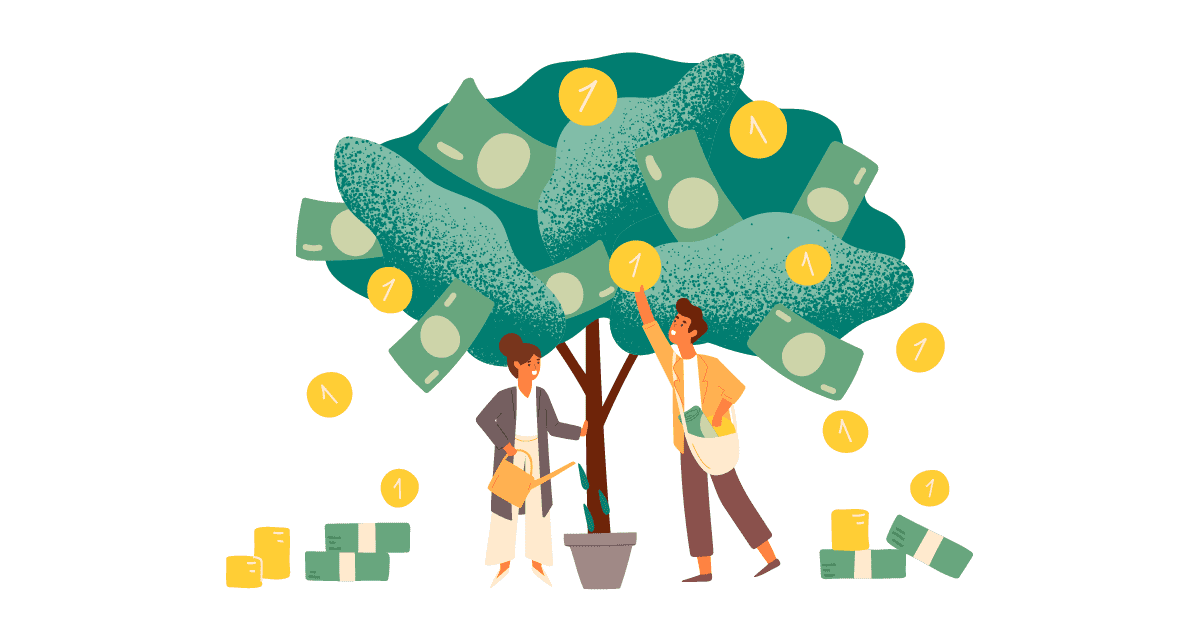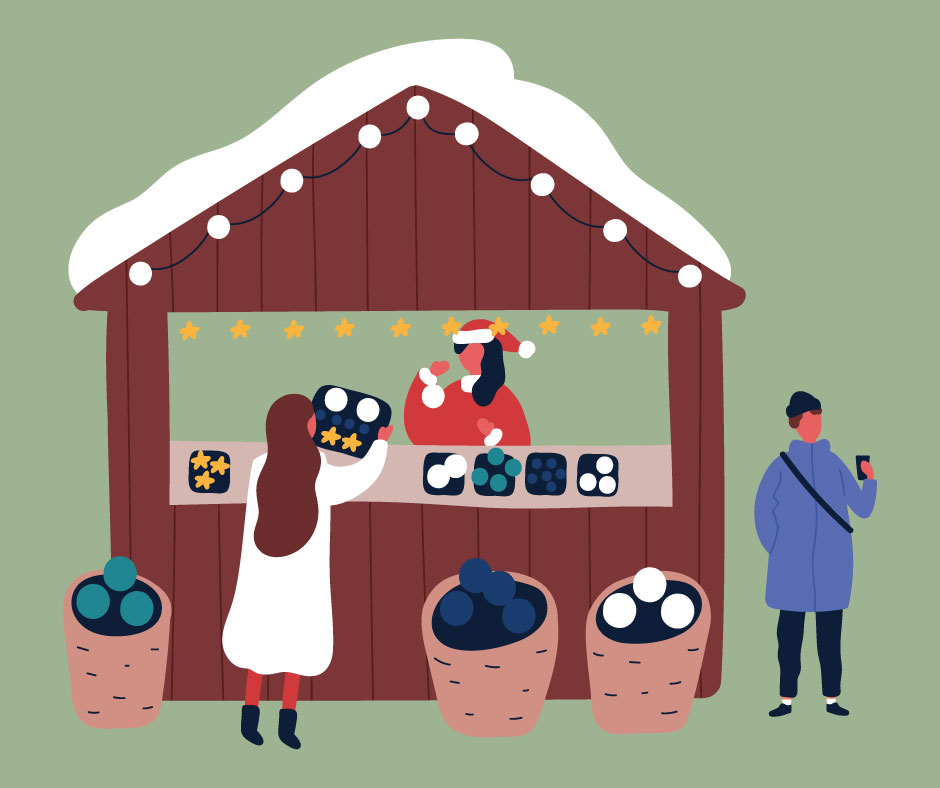- Guest Contributor
- June 14, 2021
Good sales make people feel like they need to spend money, even if they never intended to buy that product. Sales are effective because they play to our emotions. Being able to recognize and prevent impulse purchases can help keep your finances in check. If you’re on a tight budget, this is important! Here’s what you need to know.
Know the Signs of Impulse Purchases
Sales are a strategy to sell products. Sales are designed to incite an emotional response in shoppers, compelling them to make a purchase. Know when the sales are pulling you in. Be careful with your wallet if you:
- Have the overwhelming urge to purchase something you didn’t intend to buy before you went shopping.
- Feel, inexplicably, like you might be missing out on a great opportunity if you don’t make this purchase.
- Want to purchase something you don’t really need simply because it is a lower price than you might otherwise expect to spend.
How to Avoid Impulse Purchases
There are many ways that you can avoid making impulse purchases. The following strategies can help you avoid making an impulse purchase.
Don’t Shop for Entertainment
If you go shopping for entertainment, you’re more likely to pay attention to the items you don’t really need. Only shop out of necessity, and pay attention only to items that you need to purchase. Find something less expensive to do for fun.
Wait to Make Your Purchase
You found an item on a wonderful sale, and you’d like to make a purchase? Wait one day. If you still want the product after 24 hours, go buy it.
Make a Budget
Know how much you can afford to spend each month. Having a budget will give you some direction and will also give you a sense of what you can (and can’t) afford.
Give Yourself Some Leeway… But Not Too Much
Give yourself permission to spend extra money every month. Decide ahead of time how much you’re allowed to spend, then write that amount into your monthly budget. Giving yourself permission to spend a little extra every month makes it easier to say “no” to something you really can’t afford.
Know What You’re Going to Buy Before You Shop
Make a list before you go shopping. Only buy the items on your list. So you saw a great deal on an item? Great! Is it on your list? No? Then don’t buy it. Keep your eye on the ball.
Compare Products
Compare the item you’re thinking about purchasing with similar items. Is the price really that great!? Doing some comparison shopping may reveal that the product you’re thinking about purchasing isn’t as great a deal as you might think.
Shop With Cash
Parting with cash is always harder than buying things with a credit card. Having cash on hand that you physically part with can help you better understand what you’re spending.
About the Author: Kathryn Elwell grew up in the Midwest. She has experience in management and human resources, and has been writing on these topics and more for 12 years.










